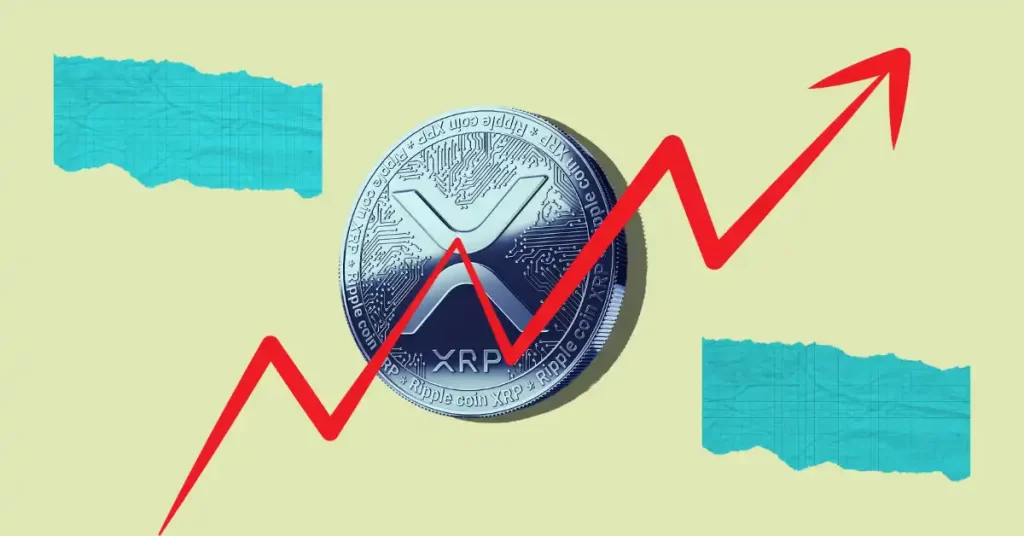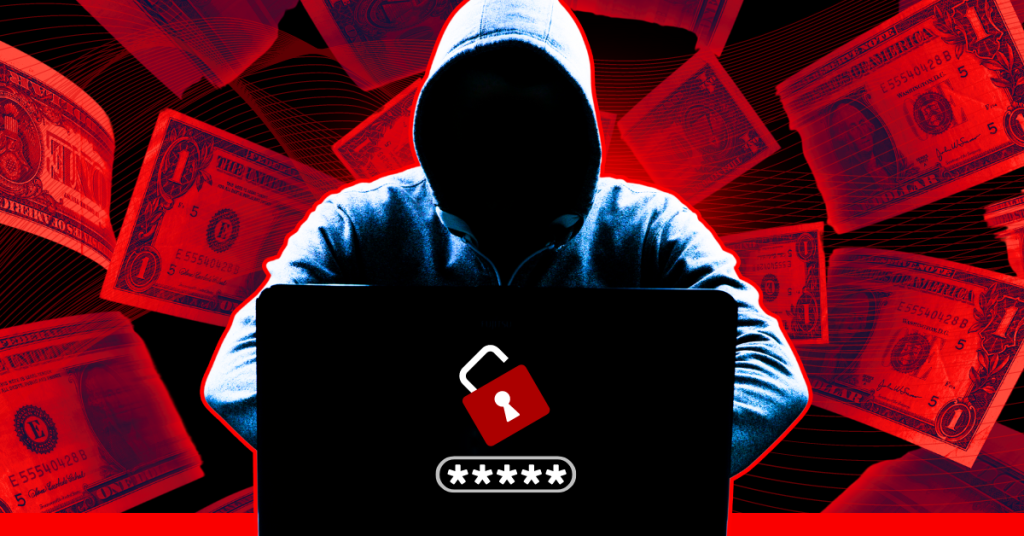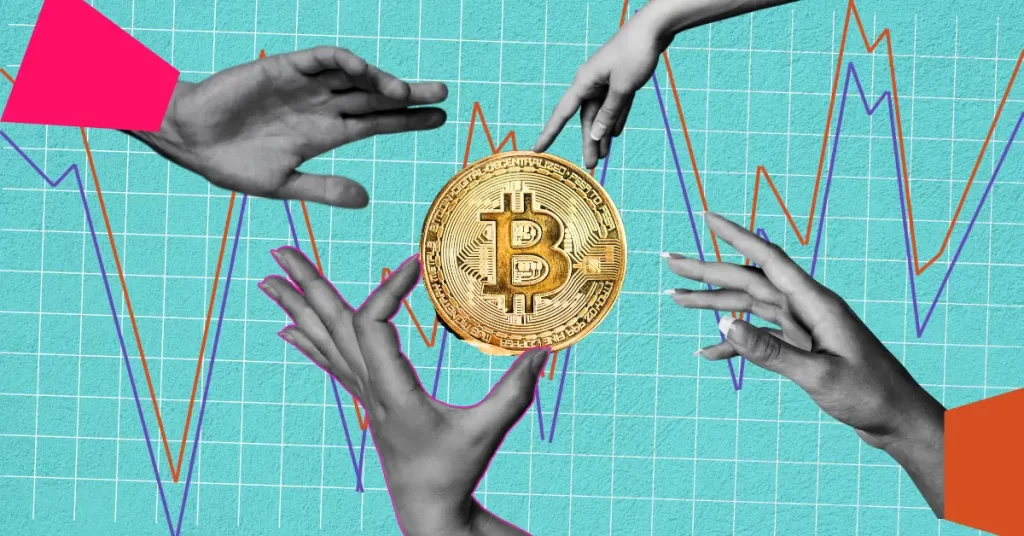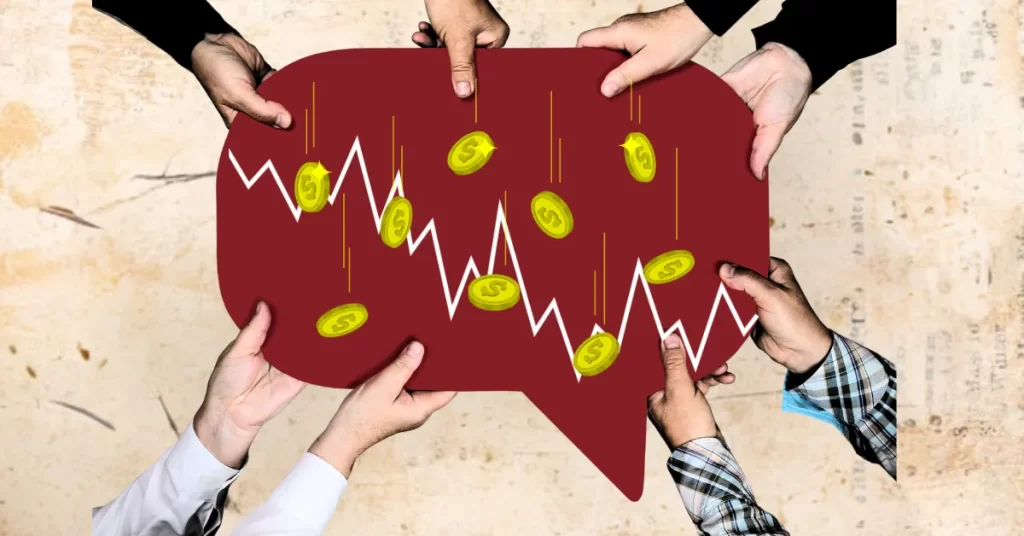Summary Coinbase lost immense value last year as cryptocurrency speculative fervor collapsed and cracks grew across the crypto exchange industry. COIN's price-to-book value is ~95% below its initial level and considerably below most traditional exchanges at ~1.4X. Coinbase's competitive weaknesses may become strengths as crypto investors flock toward higher-fee exchanges that promise greater asset security. Coinbase is one of the few cryptocurrency companies audited by a "Big Four" accounting firm and is subject to the added regulatory risks of public firms. As trust in fiat currencies and most institutions declines, "alternative structures" like Coinbase offer an indirect hedge against economic, social, and political risks. Last year ended with fireworks in the cryptocurrency market. Bitcoin (BTC-USD) and its peers performed poorly throughout the year as investor confidence waned. As the market slowed, cracks began to surface among cryptocurrency exchanges, leading to the implosion of FTX (FTT-USD) amid allegations of significant misuse of customer funds . This event led to a massive decline in the value of most significant cryptocurrencies as contagion concerns grew and investor confidence collapsed. Stocks in the cryptocurrency sector have also imploded. Coinbase ( COIN ) lost 86% of its value in 2022 and has recently seen short interest skyrocket to 24%. COIN is essentially a proxy investment for Bitcoin and has a very high correlation with a "beta" close to 1 (meaning COIN usually rises or falls 1% with each 1% change in Bitcoin). See below: Data by YCharts Many speculators are betting against the company, potentially assuming that some contagion will occur across the cryptocurrency market. Coinbase is a publicly traded company, so it is less likely that the firm will carry the same risks as private peers like FTX. That said, it is a financial institution that operates outside the immense and tight regulations of traditional banks and exchanges, opening the door to abnormally high "bank-like" risks (poor liquidity, etc.). At this point, COIN is a high-risk stock. However, it is far less expensive than it was a year ago. The stock is also subject to high short-selling, making a significant "dead cat bounce" or "short squeeze gain more likely - particularly if it outperforms weak expectations. I believe the company deserves a closer analysis of its risk exposure and upside potential, as a potential "high-risk, high reward bet" for 2023. Coinbase Risk Analysis One core investment issue with Coinbase is the number of potential risk factors the company is exposed to. Even if no particular risk is too likely or too large, there are so many that it seems likely at least one will have an enormous negative impact on the firm at some point in the future. In my opinion, these include (in order of severity): a widespread loss of confidence in cryptocurrency, liquidity and solvency risks, business model risks, competitive pressure, and regulatory risks. The "side risk" is, of course, the potential for fraud or "FTX-like" issues, which is difficult to assess; however, because Coinbase is an older and publicly traded company, I believe this risk factor is generally low. COIN's value is highly correlated to the price fluctuations in Bitcoin and other prominent cryptocurrencies, making it the stock's primary risk factor. This risk is also almost entirely outside of the company's control. For example, the issues in FTX led to a loss in broader confidence in cryptocurrencies, creating losses for Coinbase. Amid the debacle, the giant exchange Binance (BNB-USD) lost its auditor Mazars , no longer guaranteeing the firm's proof of reserves. The auditor also pulled from other large exchanges, raising potential contagion risks. While cryptocurrency was "supposed" to operate under a "decentralized banking" platform, it has become highly centralized among a small number of exchanges. If more of these changes prove to have poor liquidity or proof-of-reserve discrepancies, then a complete loss of confidence is possible. In my view, this risk factor is quite significant for Coinbase since it could lead to the end of the cryptocurrency industry - or at least its currency form. That said, since Coinbase is the rare public crypto exchange, it is the only one audited by a "Big Four" accounting firm (Deloitte). While Coinbase is not as large as Binance and is considerably more expensive than its peers, it commands the highest "trust score" - mainly due to its added regulations associated with being a public company. Thus, as long as fundamental confidence in cryptocurrency remains, Coinbase could become an immense net benefactor as crypto investors shift toward more trustworthy firms. That said, while Coinbase is more trustworthy than (in my view) all other exchanges, it is not as secure as traditional financial institutions. For one, it does not carry the same regulatory burdens as conventional financial institutions. Secondly, its assets and liabilities are very volatile due to volatility in the value of cryptocurrencies. Coinbase has suffered a cash and tangible book value decline and a sharp rise in leverage this year. See below: Data by YCharts Comparing the solvency and liquidity profile of Coinbase to traditional financial exchanges, Coinbase appears far riskier with high leverage and low cash liquidity compared to assets (~$110B). Those risks are compounded by the volatility in the value of cryptocurrencies as they cause immense fluctuations in Coinbase's balance sheet. While not as widespread as in other exchanges, Coinbase has a margin trading (and asset lending) program. A significant decline in major cryptocurrencies could dramatically harm Coinbase's remaining liquidity if counterparty risks grow (or B itcoin becomes less liquid amid volatility). If 2023 is like 2022 for the cryptocurrency market, then I believe Coinbase is at high risk of bankruptcy due to its tight solvency. However, this risk appears to be generally priced into COIN's value (as seen in its massive decline last year). Aside from the "macro" risks facing Coinbase, numerous company-specific risk factors are needed. Coinbase is a comparatively more expensive trading platform with fewer options and tradable cryptocurrencies than most of its peers. For this reason, Coinbase has not grown considerably in recent years, while peers like Binance, (formerly) FTX, Kraken, and others have grown considerably. Coinbase has lost significant market share due to its higher fee structures, opening the possibility of business failure if the trend continues. That said, if higher fees equal greater trust and investors shift toward more elevated trust platforms, Coinbase may indirectly benefit from its higher fee structures. Still, Coinbase has struggled to turn a consistent profit despite its higher fees. The company has not been publicly traded for a long time and was profitable in 2021. Of course, 2021 was an exceptional year for the cryptocurrency market, so it is unclear if Coinbase operates under a workable long-term business model. Still, this risk is largely priced into the stock following its significant drawdown, and if its prospects recover, it could be significantly discounted. Reward Potential In Coinbase As an analyst, I am generally skeptical of unprofitable technology firms and, for the past two years, have carried a bearish bias in most of my research. In my view, Coinbase is one of the few examples where I see a solid contrarian bullish argument today. It goes without saying that COIN is a very high-risk stock subject to immense volatility and numerous fundamental risks that could jeopardize the firm. However, COIN price-to-book value has declined by a staggering 95% since inception to 1.4X today. Two years ago, COIN's valuation was tremendously high compared to traditional brokers; today, it is well below that of Schwab ( SCHW ), Interactive Brokers ( IBKR ), and others (from a price-to-book standpoint). Thus, I believe COIN's risk profile is generally accounted for in its valuation. If we assume that the "bottom will not fall out" of the cryptocurrency market, Coinbase may return as a market-share leader among exchanges. Due to its age, business focus, and public status Coinbase objectively has the greatest trustworthiness and security in the industry. Crypto investors pay a premium to use Coinbase's services. Still, in my view, that premium is relatively small compared to the tremendous losses suffered by FTX users that lost "secured" funds. With auditors pulling away from giants like Kraken, I believe more prominent long-term crypto investors may gravitate toward more-secure public firms like Coinbase. Additionally, with Bitcoin (and peers) at extreme lows, there will likely be an increase in long-term investors in the market as opposed to short-term traders and speculators. Coinbase is a poor platform for cryptocurrency trading due to its higher fees, but it is a superior option for long-term investors due to its security. Thus, I believe Coinbase may have competitive dominance with Bitcoin at low prices and with crypto investor trust as weak as it is. The potential upside in COIN is challenging to calculate since there are many pathways the future may hold. If the company can regain its late 2021 TTM EPS level of $9-$12, its "P/E" today would be ~3-4X - which is extremely low. That could occur if trading activity and bullish flows return to the cryptocurrency market, potentially causing COIN to rise over $100. Of course, if there is a widespread shift in assets toward Coinbase as investors move toward more trustworthy exchanges, COIN could rise much higher as it regains the market share dominance it held many years ago. The Bottom Line While COIN is exposed to considerable downside risks, its upside potential is also tremendous. In my view, the company is priced as if it is likely that the cryptocurrency industry will collapse. Indeed, I do not believe this is impossible as there is no physical value in cryptocurrencies, with their value in my opinion largely stemming from beliefs surrounding fiat currencies and trust in alternatives. The value of emotional beliefs should not be discounted, but they are fickle. However, with faith in traditional fiat currencies waning and objective risks rising rapidly, I tend to believe that some cryptocurrencies will retain value over the long run as more people globally seek to reduce exposure to government-controlled assets. Public trust in institutions is at (or near) all-time lows in virtually all categories, creating immense potential value for alternative structures. While there are considerable risks within the cryptocurrency industry, it is a potentially viable alternative structure. In this sense, COIN is a potential hedge against generalized social, political, and economic risks. Looking at the market today, I am not so bullish on COIN that I would buy the stock; but I have a positive long-term view of the stock on balance. COIN also carries considerable short-term upside potential if a short-squeeze occurs due to its immense short exposure. Personally, I would not make that particular speculative bet today, but it is a factor that could lead to rapid gains for the stock. Once cryptocurrency volatility settles down and Bitcoin carves a more stable support level, I may become very bullish on COIN.
















